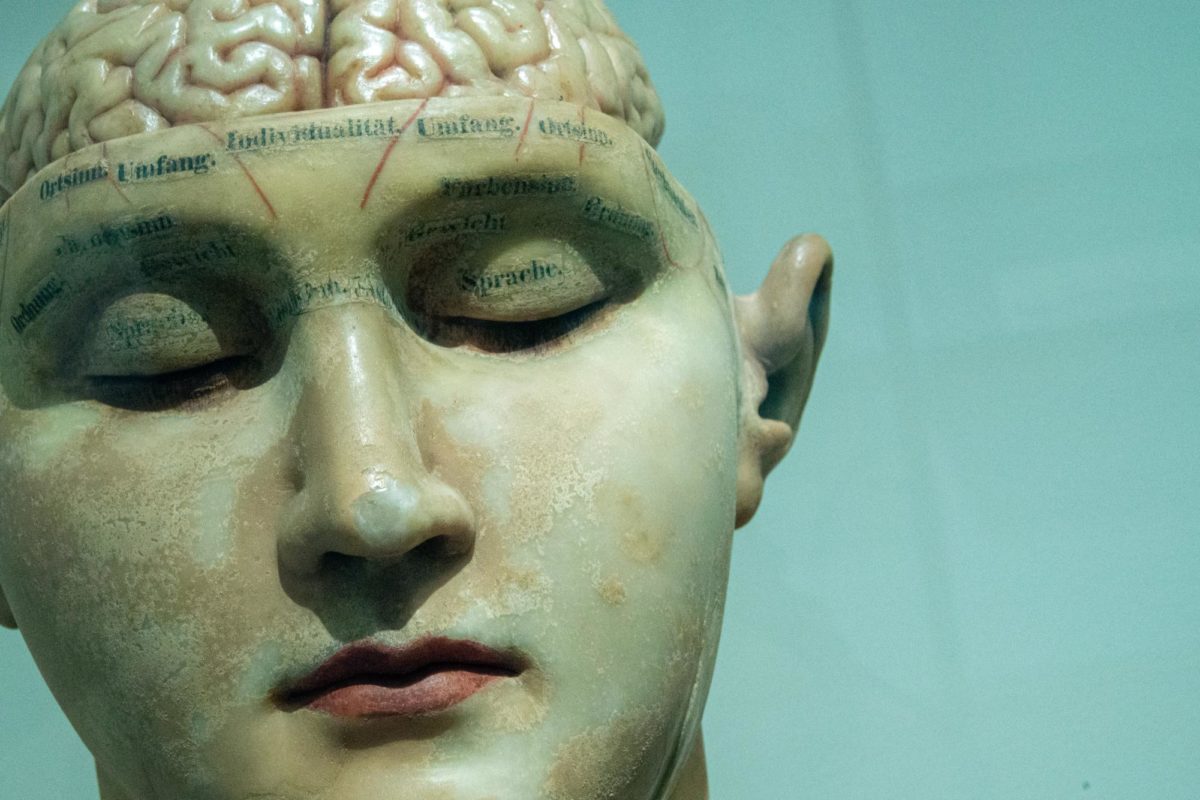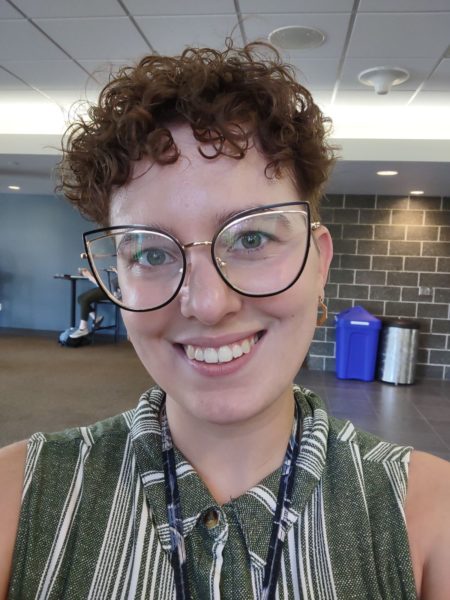In high school, I remember struggling with a bout of intense OCD. It made simple tasks seem insurmountable. I spent hours on my homework to get it “perfect.” I also struggled to read because I had to make sure that was “perfect” too and that I read every word on the page.
I drew lines on the page of Ayn Rand’s “The Fountainhead,” a summer reading assignment for AP English to help me make sure that I read every single word. It was aggravating that I used to be able to sit down for hours and read a whole book in a day. Now, it was difficult to finish one book in three months.
My OCD eased as I started college, and I learned not to listen to those overactive, anxious pangs. Nevertheless, there are no ups without downs. My mental health struggles came back last year and a conversation with Julie Cajigas, The Buchtelite faculty advisor, provoked me to write this piece. Cajigas was willing to share some of her experience with ADHD.
“I spent a lot of my childhood and young adult years not realizing that I had any challenges. I was the traditional ‘gifted, not living up to her potential’ kid,” Cajigas explained.
Cajigas remembers being ahead of her peers in reading and her difficulty with organization as a child. She recalls the way she was tasked to sort out the things in her bedroom, but it just didn’t happen.
“I didn’t feel like someone with executive functioning weakness,” Cajigas said. “I felt like I was the worst thing you could be – lazy.”
Cajigas’s perspective on her behavior changed when her daughter was diagnosed with ADHD. She came to see the similarities between her daughter’s “impulsivity and the constant chatter” which reminded her of her own.
Cajigas, with her doctor, was able to find some relief in treating her anxiety with medication.
However, this year Cajigas was diagnosed with ADHD. While she was concerned with the medication used to treat it, she was able to fight her procrastination and time blindness.
“Time blindness is an inability to classify time outside of ‘now’ and ‘not now’” she said.
This aspect of ADHD is something that she explained can make it difficult to prepare for something or predict how long something may take to do as well as what order to do it.
“If you think that your brain isn’t working optimally, it’s 100% worth it to get evaluated and find out if there’s more than just the usual
exhaustion, stress and frustration that comes from college life,” said Cajigas.
For the past nine months, I’ve faced an uptick in my depression, anxiety and some OCD. It has been very difficult navigating
the mental health field and trying to manage symptoms related to mental health medication changes.
I encourage you to know yourself, advocate for yourself and know that what’s going on in your mind matters. It can affect so much of your life and it’s not worth overlooking or pushing aside.




















